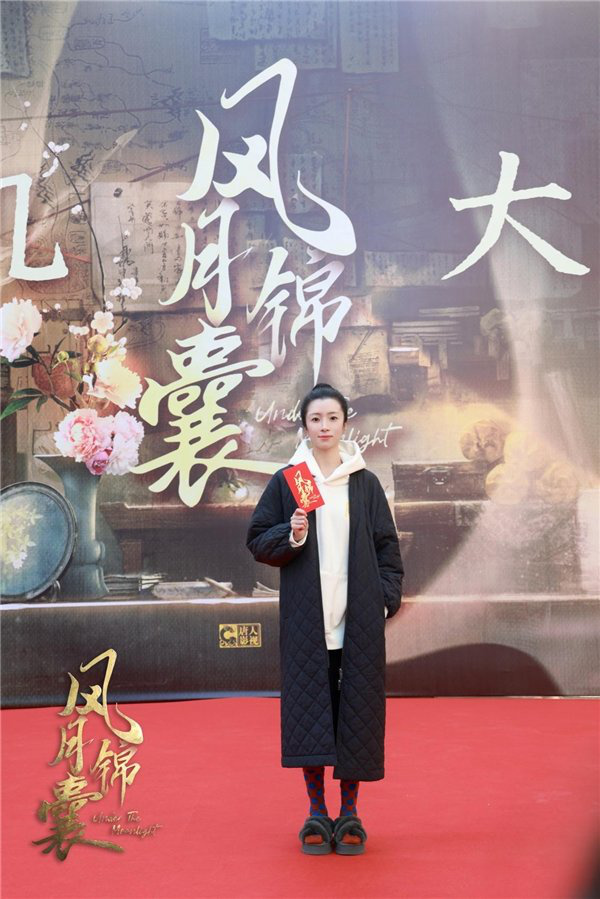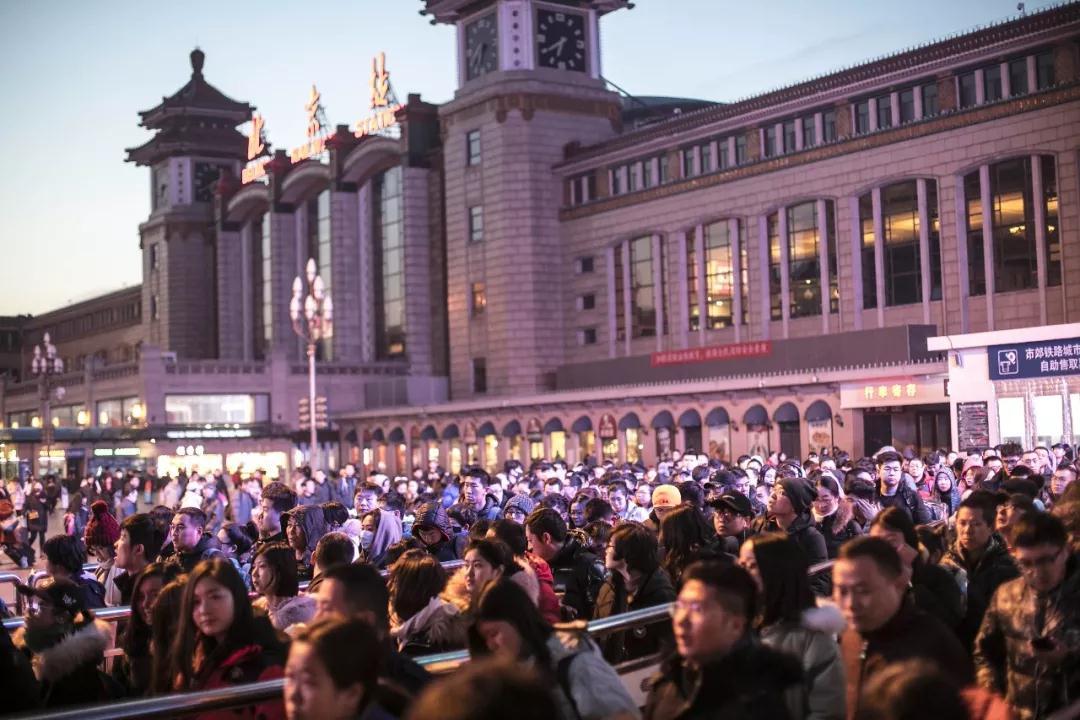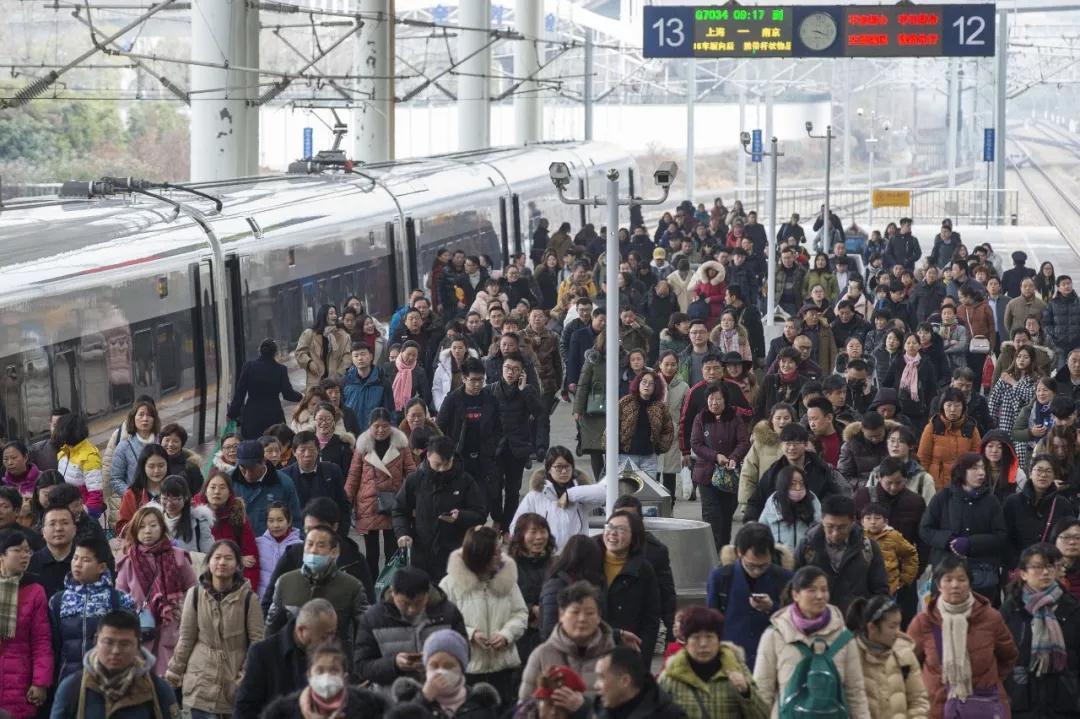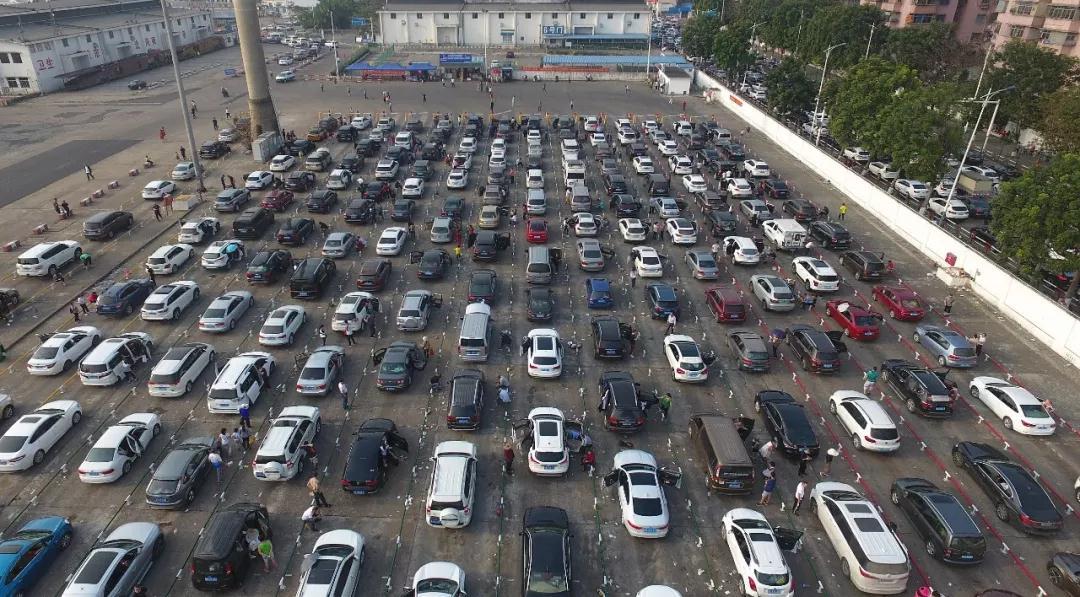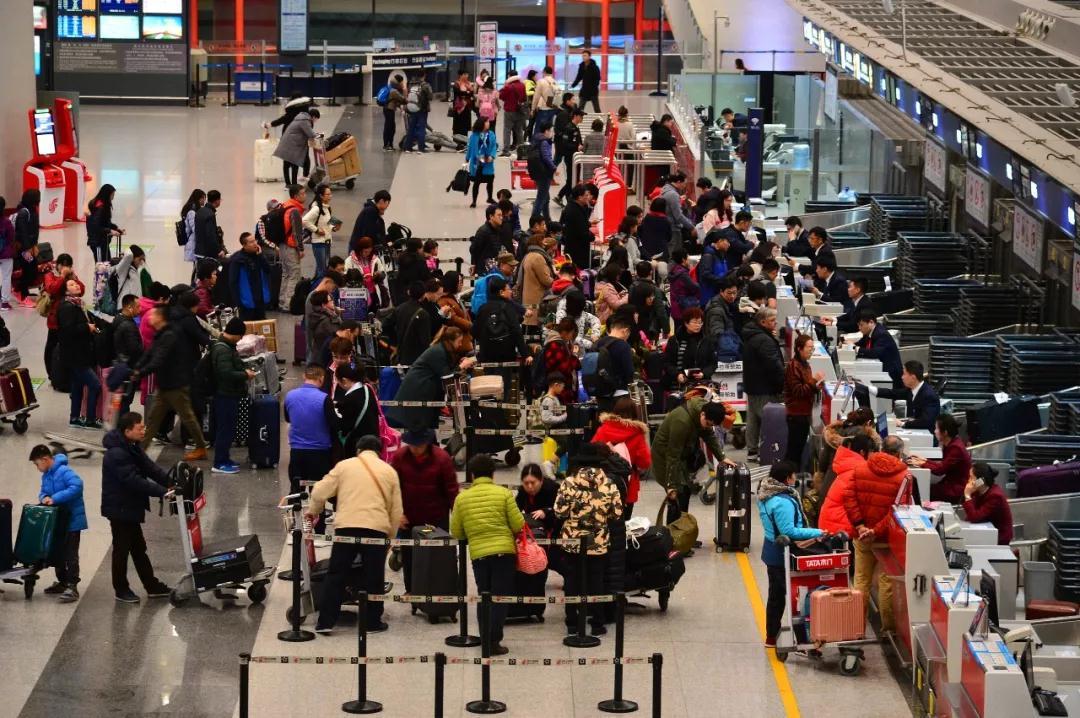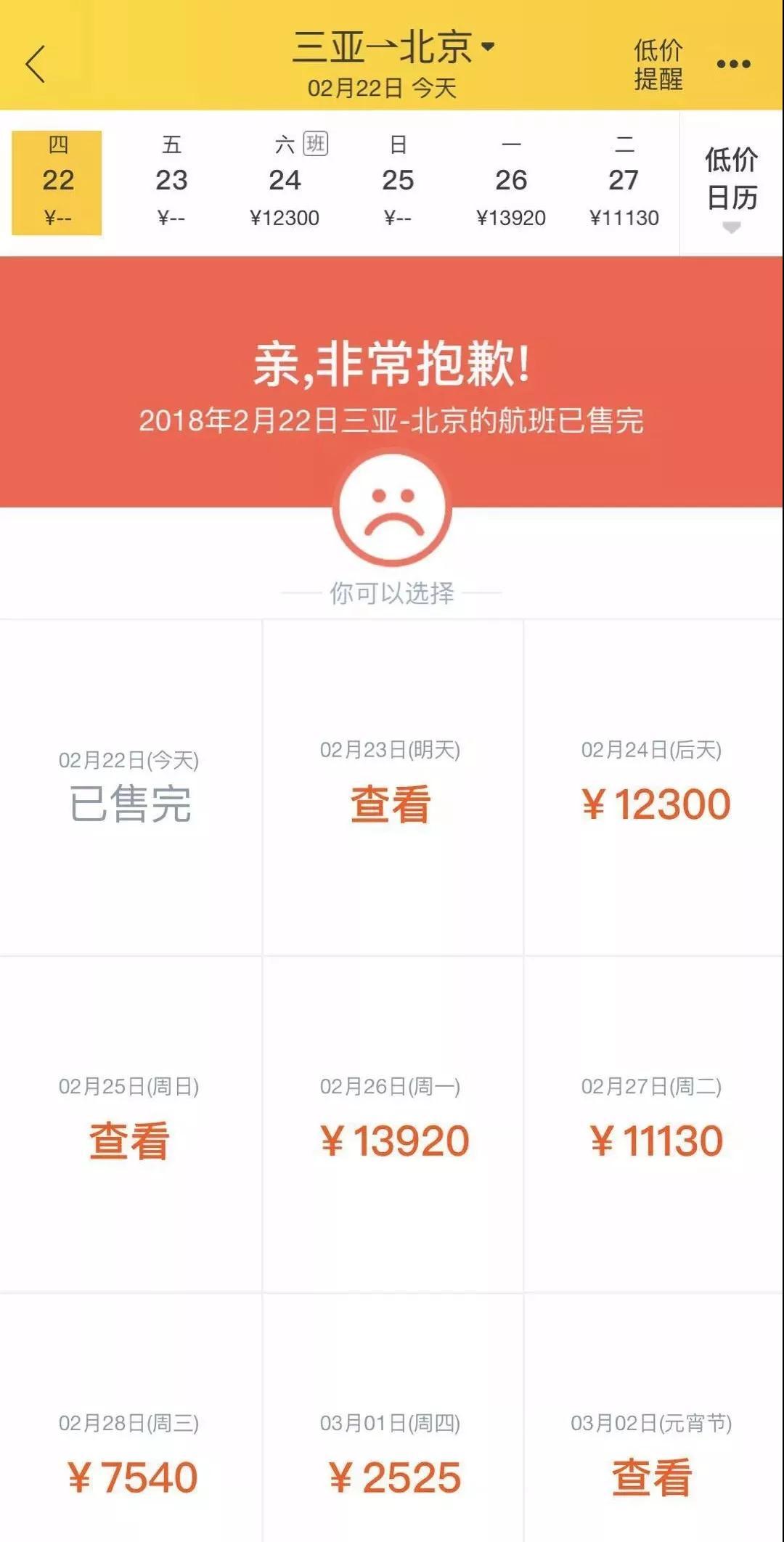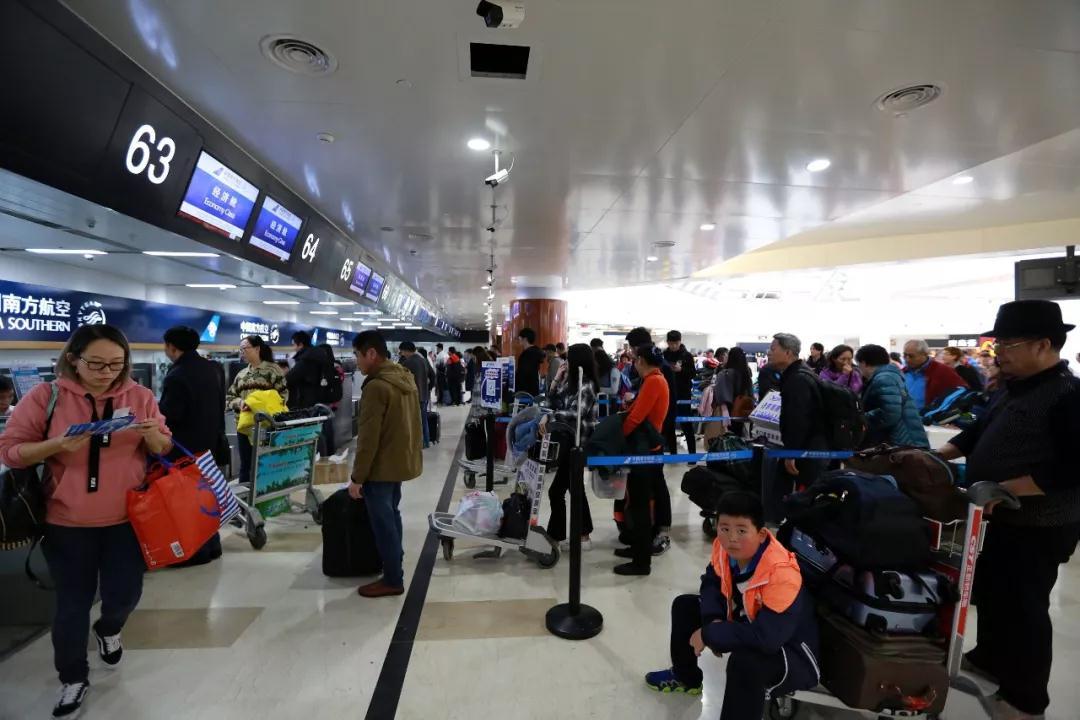With the development of artificial intelligence wave after wave, the new AI technology makes our daily content creation threshold lower and efficiency higher, and also gives everyone the opportunity to become a creative master in the new era and express themselves freely and freely. IFLYTEK input method, as the first batch of old-fashioned technical enterprises to enter the field of input method, has been recognized and favored by the majority of professional users, especially in intelligent voice interaction, which has made continuous breakthroughs, making the interaction between people and devices more convenient and efficient, but this is only the starting point.
Now, the latest version of iFLYTEK Input Method 13.0 has added the key technology of generative AI, which can guess your little thoughts, whether it’s a high emotional intelligence reply or a delicate copy in a circle of friends, it is properly handled, and relying on the powerful generative ability of Spark Model, it brings you a better understanding of your own expression than you. It is reported that this input method for the next generation has been officially put on the shelves on November 1, and the subsequent iOS version will be officially put on the shelves in the near future.

Today, the author will come to experience this brand-new generative AI input method with you first. Because I got the early internal Beta version, the officially released version may be slightly different from the one I experienced. Please take the officially released version as the standard.
Is still a concise home page to continue the classic and practical style.

Viewed from the interface, the homepage of iFLYTEK Input Method Version 13.0 has not been specially changed, and the whole main interface keeps a simple style. By default, the first screen displays characteristic skin resources for users to choose at will, with little difficulty in getting started. For most users, it is still a familiar feeling.
Add "Vibrant Vision" design, bringing a new way of interaction.

This time, the key upgrade includes a new design that subverts the human-computer interaction interface-"Vigorous Vision". We can choose to open it in the menu panel of iFLYTEK Input Method. At this time, the toolbar at the top of the keyboard "disappears" in front of our eyes and is replaced by a brand-new recommendation area that the keyboard expands upwards. To put it simply, this design integrates the toolbar and the candidate column, making full use of the spatial position of double-line display, and the combination of cards integrates multiple functions, including high emotional intelligence communication, doodling, AI help chat, fancy words, etc., and provides a very comprehensive input service, which can provide AI intelligent generation whether it is daily chat, gag or high emotional intelligence workplace reply, so that your language description can show high emotional intelligence everywhere.


High EQ reply GIF display

Through the expansion function of AI creative assistant, we can see that when chatting with leaders, iFLYTEK input method can achieve excellent high emotional intelligence reply through powerful text generation. The first time I saw such a long reply, the author’s first reaction was very surprised. After reading it carefully, I believe your leaders will be moved by your true feelings and look at you with special respect.

For ordinary friends to chat, we can not only have high emotional intelligence, but also use expressions to talk well and make our chat more interesting. The following "Princess, please get on the bus", such a response can not be lost in love. Male and female lovers can copy each other’s chat content through the smart clipboard function, and then conduct AI analysis to give the best answer on their own initiative, which makes the iFLYTEK input method far more reliable than the "dog head strategist" around you, and become your extremely reliable "electronic AI wingman", making your communication invincible and icing on the cake.
"Stupid mouth and low emotional intelligence", for many e-people with social phobia, this input method can completely solve the problem that you can’t erase your face and instantly become a "social cow". With the expressive power of AI creative assistant, you can communicate naturally with people around you calmly, leaving a deeper impression of high emotional intelligence. Whether it is work or making friends, it can provide great help, so the author wants to recommend this treasure input method to everyone.
In fact, the version of iFLYTEK Input Method 12.1 has built-in powerful AI creative assistant, and its stable content "output" and intelligent scene "matching" have become the reasons for many users. According to the data given by iFLYTEK Input Method, in just two months, the cumulative number of requests of "AI Creation Assistant" exceeds 60 million times per month, and the user’s praise rate can reach 85%, making it a new social password. However, driven by the ever-changing new needs of users and the generative AI technology, iFLYTEK input method is not satisfied with this. In version 13.0, the AI assistant function is further enhanced, and the ability of generative AI is greatly exerted.
Not everyone is good at expressing. It is very difficult to say anything on any occasion and express it well. For example, there are such troubles in the circle of friends. In this scene, iFLYTEK input method can actively provide the assistant interface of "friend circle copy", input keyword information, and instantly generate beautiful and exquisite copy. If you are not satisfied, you can generate it again, and never repeat it.

When the author opens Xiaohongshu again, iFLYTEK’s input method immediately switches to the assistant interface of "grass planting copy", and AI gives a lively and interesting grass planting copy, which is believed to be a feeling that young people like.

Next, the author switches to Weibo interface again. At this time, when the assistant style provided by iFLYTEK input method changes, there is no need to worry about writing Weibo.

Finally, the author tries the short video platform, and fine-tuning the copy output by AI combined with video can produce inspirational content, which is not a little convenient.

In this era of AI blooming everywhere, iFLYTEK input method makes input not just input, but a deeper understanding and richer expression.

One-click touch-up circle of friends
At present, these assistant functions need to be completed by consuming "firepower value". For most students, they are willing to pay the bill. After all, through creative copywriting, we save a lot of precious time and it is easier to create explosions. I believe that the AI creative assistant of iFLYTEK Input Method can support more applications and usage scenarios, refine the style of copywriting according to users’ needs, intelligently generate more exciting content and provide more diversified services. .
Of course, in addition to the continuously enhanced generative AI input function, the advantages of previous speech recognition, intelligent translation and domain word recognition have become more and more outstanding under the deep polishing of the brand-new "cognitive model of input method".
It is understood that since 2018, iFLYTEK Input Method has paid great attention to the development of content ecology, embraced young people in an all-round way, launched interesting DIY functions, user exchange communities and content open platforms, and began to develop from improving efficiency to expressing individuality. With the full empowerment of generative AI technology, iFLYTEK tried to inject new technologies into the field of content ecology, which gave birth to new ways of playing AI, such as AI skin, AI avatar, AI word-making, etc. To some extent, he saw the embryonic form of the next generation of input method, and "smarter and better to use" was also reflected incisively and vividly.
Written at the end: iFLYTEK Input Method 13.0 with the support of generative AI technology can greatly improve our input efficiency, and can also adapt to various contexts to automatically generate high emotional intelligence responses. In addition, it also supports AI to assist the creation of content ecology. As far as creators are concerned, it is the only AI intelligent input method on the market at present. If you are interested, you may wish to try it out and I believe you will put it down.















